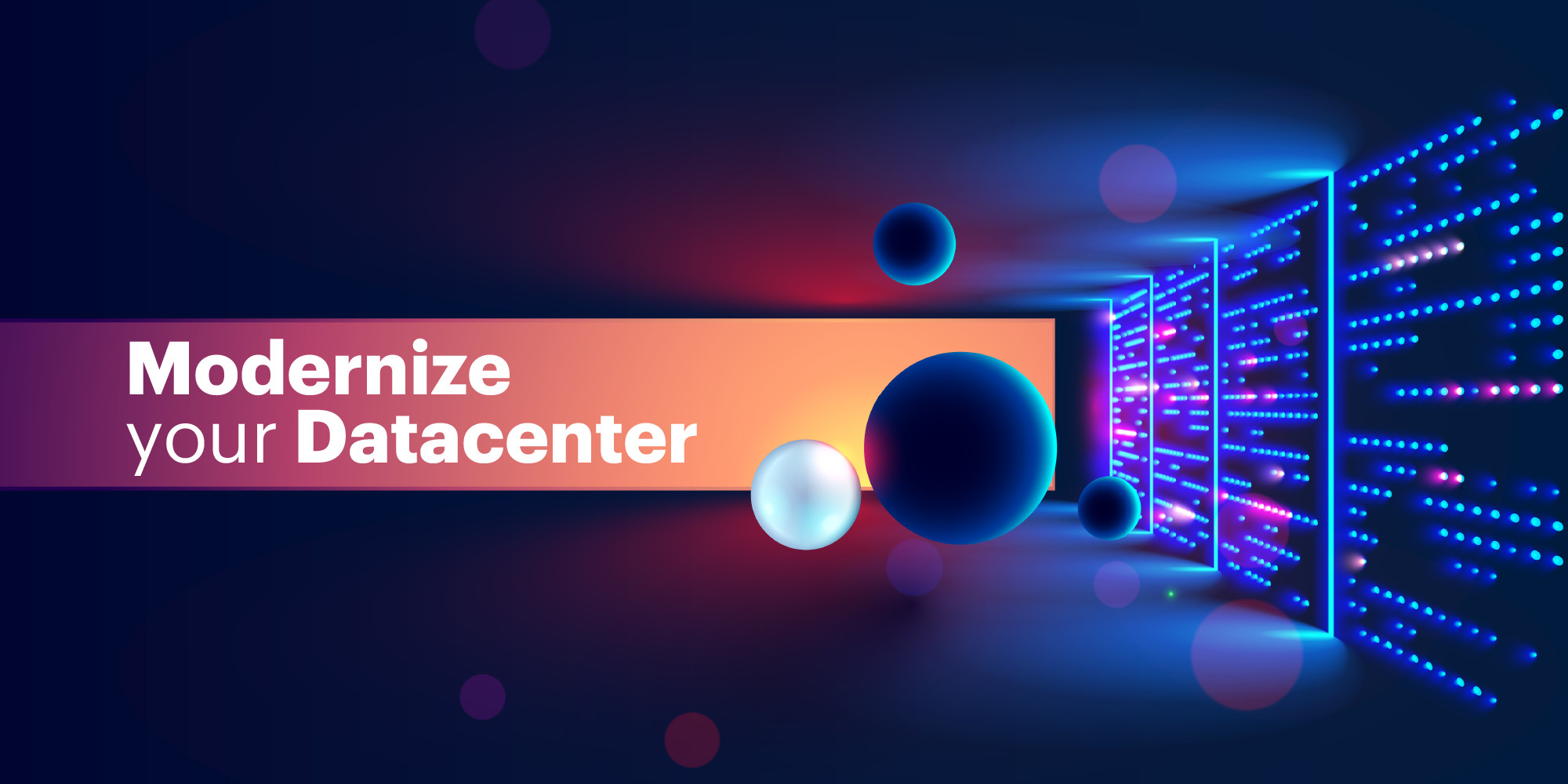In today’s rapidly evolving technological landscape, organizations are recognizing the immense potential
of modernizing their datacenters and embarking on a hybrid journey towards the cloud. This strategic
shift not only enhances operational efficiency but also offers substantial cost-saving opportunities. By
leveraging the power of cloud computing while maintaining critical on-premises infrastructure,
businesses can achieve a harmonious balance that optimizes performance, scalability, and cost-
effectiveness.
The Need for Modernization:
Traditional datacenters often struggle to keep pace with the increasing demands of modern workloads
and dynamic business requirements. Aging hardware, limited scalability, and higher maintenance costs
can impede innovation and hinder growth. To address these challenges, organizations are embracing
datacenter modernization initiatives that leverage cutting-edge technologies and agile methodologies.
Benefits of a Hybrid Cloud Approach:
Flexibility and Scalability: A hybrid cloud strategy enables organizations to scale their infrastructure
resources seamlessly. By integrating on-premises datacenters with cloud services, businesses can tap
into virtually unlimited computing power, storage, and networking capabilities whenever needed,
allowing them to respond swiftly to fluctuating workloads and evolving business needs.
Cost Optimization: The hybrid cloud model offers a compelling cost advantage by allowing organizations
to right-size their infrastructure. By moving non-critical workloads to the cloud, businesses can optimize
their on-premises datacenters, reducing capital expenditures on hardware, maintenance, and upgrades.
Additionally, cloud services offer a pay-as-you-go model, enabling organizations to pay only for the
resources they consume, avoiding unnecessary expenses.
Enhanced Security and Compliance: Hybrid cloud solutions provide a robust framework for data
security and compliance. While sensitive data can be retained on-premises, less-sensitive workloads can
be migrated to the cloud with appropriate security measures in place. This approach allows businesses
to meet regulatory requirements and leverage the advanced security features provided by cloud service
providers.
Business Continuity and Disaster Recovery: By leveraging the hybrid cloud, organizations can ensure
business continuity and minimize downtime in the event of a disaster. Critical data can be replicated and
stored securely in the cloud, providing redundancy and facilitating quick recovery. This approach
reduces the risk of data loss and enables businesses to resume operations rapidly, safeguarding revenue
and customer trust.
Reducing Total Costs to the Organization:
Infrastructure Consolidation: Modernizing your datacenter allows for infrastructure consolidation,
reducing the physical footprint and associated costs such as power consumption, cooling, and facility
maintenance. By leveraging virtualization technologies and advanced management tools, organizations
can streamline operations and maximize resource utilization, leading to significant cost savings.
Operational Efficiency: Cloud-native technologies and automation tools enable streamlined operations,
minimizing manual efforts and associated labor costs. Automated provisioning, monitoring, and
management of resources eliminate repetitive tasks and improve operational efficiency, freeing up IT
personnel to focus on more strategic initiatives.
Cost-Effective Scaling: With a hybrid cloud approach, organizations can scale their infrastructure
resources on-demand, eliminating the need for over-provisioning and upfront investments in hardware.
This pay-as-you-go model ensures that businesses only pay for what they use, optimizing costs while
maintaining the flexibility to accommodate changing workload requirements.
Reduced Maintenance and Upgrade Costs: By shifting to the cloud for non-critical workloads,
organizations can reduce the burden of maintaining and upgrading on-premises hardware and software.
Cloud service providers handle infrastructure maintenance, software updates, and security patches,
saving both time and costs associated with routine maintenance activities.
Conclusion:
Modernizing your datacenter and embarking on a hybrid cloud journey holds immense potential for
organizations seeking to enhance operational efficiency and reduce total costs. By leveraging the
flexibility, scalability, and cost optimization benefits of the hybrid cloud model, businesses can achieve.
Reach out to Team Computers to know how to make a hassle free journey towards modernizing your
datacenter at rashi.verma@teamcomputers.com
